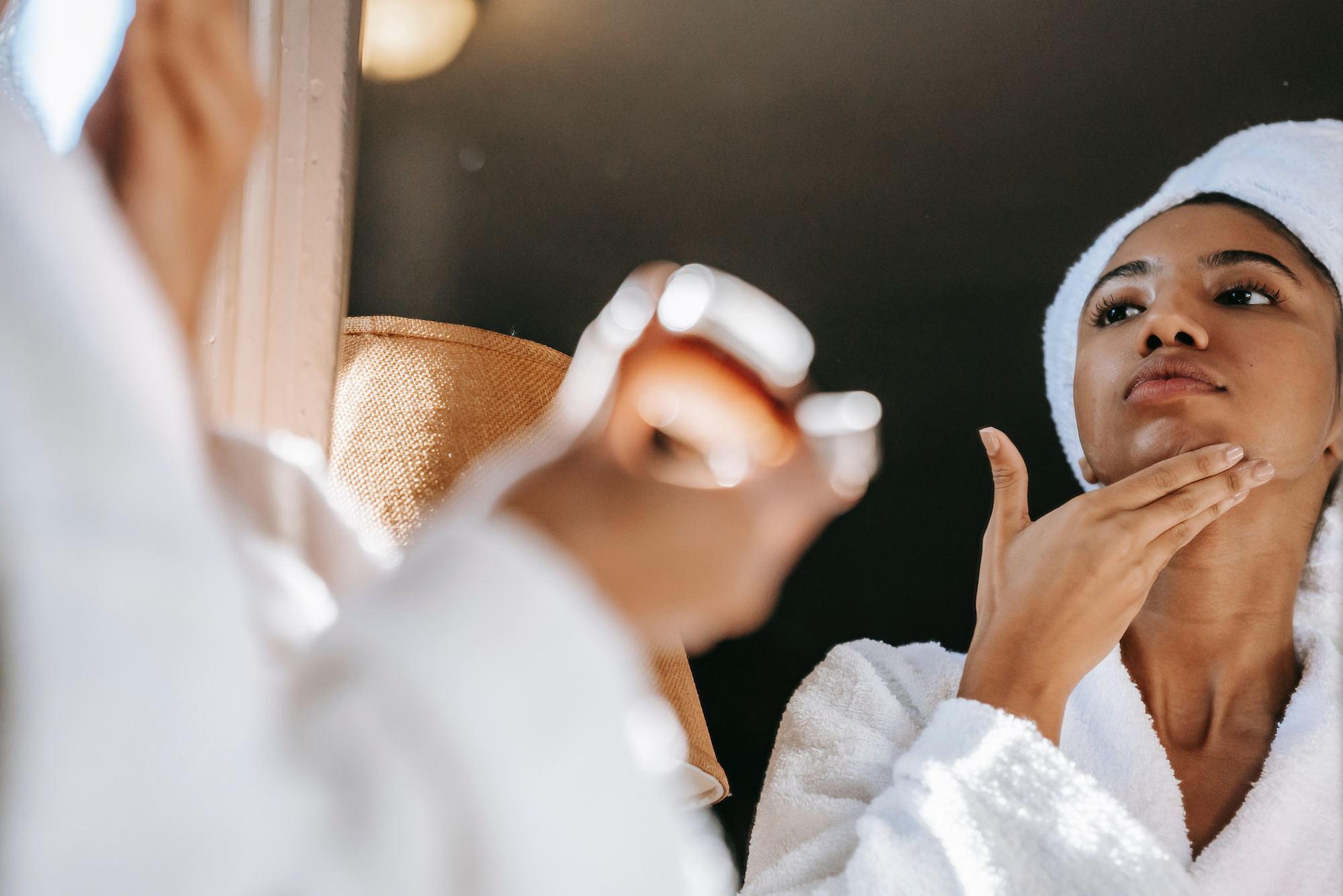Looking for ways to stay younger longer is as old as the hills. But is there a secret path to staying young? While the secret to living forever hasn’t been discovered yet, certain hormones have anti-aging qualities and give you a healthier, happier long life.
DHEA Anti-aging Supplement
Dehydroepiandrosterone (DHEA) is called the fountain of youth and is known for its anti-aging properties. It’s a precursor hormone produced in the adrenal gland and helps generate other vital hormones such as estrogen, progesterone, and testosterone.
DHEA levels deplete as one ages and can be even lower for those with depression or menopause. By age 70, DHEA levels are about 10-25% of what it was at 25. DHEA supplements improve fertility, increase bone density, and have many other benefits It’s the number one anti-aging hormone.
Estrogen and Menopause
Estrogen is a female sex hormone produced primarily in the ovaries. Along with progesterone, it helps regulate menstruation and fertility. It also develops bone density, improves cardiovascular health, and protects your brain. Like DHEA, levels decrease as one ages, and for women, this reduction in estrogen triggers menopause.
Menopause is a natural transition in a woman’s life that usually occurs in the early 50s. However, women can go through early menopause in their 30s depending on genetics, health, and other factors. Menopause signals the end of conception for women and causes uncomfortable side effects due to the lack of estrogen.
Progesterone and Fertility
Another essential female sex hormone is progesterone. It helps regulate a woman’s cycle and fertility rates. Without progesterone, a fertilized egg won’t be able to attach to the uterus and continue to grow.
Levels like DHEA and estrogen decrease due to aging, and low levels cause irregular periods, inability to conceive, and poor bone health, amongst other adverse side effects.
Melatonin and Sleep
Getting enough sleep helps with aging. Rest gives your body time to rejuvenate, build energy, and repair cells—people with less sleep age faster and experience low energy, moodiness, and brain fog. While the power of sleep has been widely known for decades, most people lack awareness about the role of melatonin in sleep.
Melatonin is the sleep hormone produced in the pineal gland at night. It regulates sleep and circadian rhythms. The production of melatonin comes from light. As daylight recedes and night takes over, this change triggers melatonin production. Melatonin helps relax the body in preparation for sleep and provides anti-aging qualities. On the other hand, low levels of melatonin wreak havoc with sleep and make people feel and look older.
Vitamin D Health Benefits
Vitamin D is considered a vitamin but is a hormone produced from sunlight. The sunshine hormone comes from the skin’s exposure to UV rays and, through photosynthesis, transforms the molecules into vitamin D3.
Vitamin D helps build strong bones, teeth, and healthy skin. It also boosts the immune system, helps lower inflammation, and provides protection from some cancers. In the last few years, some researchers have believed that the hormone vitamin may help reduce the risk of becoming infected with COVID-19.
Testosterone and Male Aging
Testosterone is a male hormone produced in the adrenal gland and testes. As boys enter puberty, testosterone production increases and are responsible for male features, such as a deeper voice and leaner muscles.
Testosterone profoundly affects male bodies by helping build muscle, produce sperm, provide energy, and other vital impacts. Levels for men taper off in their mid to late twenties. Like other hormones, testosterone lowers and causes weaker muscles and bones and feeling less energetic. Plus, it causes the sex drive to decrease, which can cause problems in relationships.
Typical Effects of Growing Older
Aging is hard for anyone to undergo. Your body changes profoundly and finds it harder to rejuvenate cells and recover from injury. Here are some typical signs of aging.
- Poor memory
- Weaker muscles
- Drier skin
- Less energy
- Low sex drive
- Poor sleep quality
- Loss of Hair
- Increased risk for cancer
- Less active
- Lower metabolism
- Weaker nails and teeth
- Lower bone density
Why Do We Age?
Aging is a complicated process. While everyone grows older, not everyone ages the same. Aging is a physiological process that combines everything from genetics to lifestyle choices.
Genetics
According to the genetic theory of aging, your DNA determines how you age. Your longevity or lifespan is determined by the genes you inherit from your parents. Gene mutations may shorten one’s life just as better genes may extend one’s life.
Lifestyle Choices
It may come as no surprise that your daily choices regarding nutrition, environment, and exercise can impact the aging process. However, identical twins with the same genes and lifestyle may not live the same amount of years. But choosing to smoke or lead a sedentary lifestyle can impact how long you live.
Everyday Wear and Tear
The more you stretch a rubber band, the higher the chance it will snap. The same can be said for the body. Even if you’re active, eat healthily, and take care of your vessel, aging comes with time and use. Our cells take more time to repair, which causes us to grow older.
Hormone Imbalance
The facts are that hormones decrease as one ages. The older we get, the less we have of vital hormones like estrogen, progesterone, testosterone, and DHEA. Our bodies need these hormones to function optimally and to retain youthful vigor to some degree.
Hormonal imbalances indicate that you’re growing older and sometimes at a rate faster than you want or deserve. The result is painful side effects that make it difficult to function.
Hormone Supplementation
Hormone therapy is a safe and effective method for boosting low hormones. The hormone associated the most with anti-aging is DHEA. It’s the foundation for all hormones, and without optimal levels, one may not only look but feel older. So, are you ready to live your best life? Try hormone supplementation today to see if it’s right for you.



